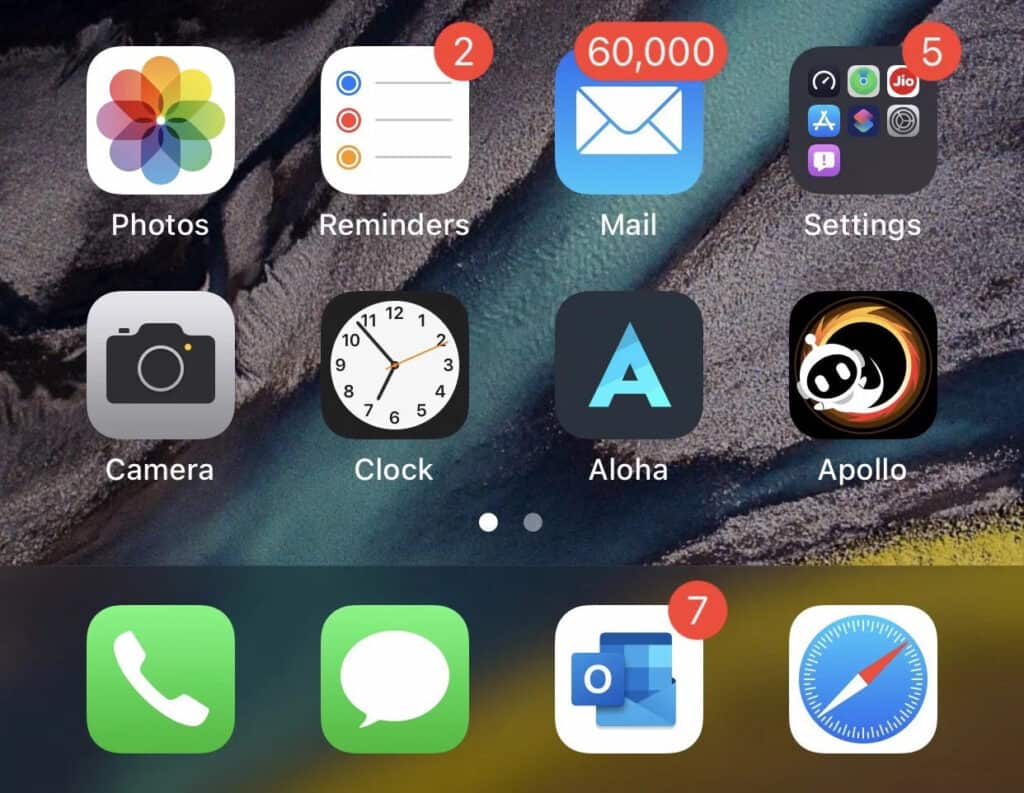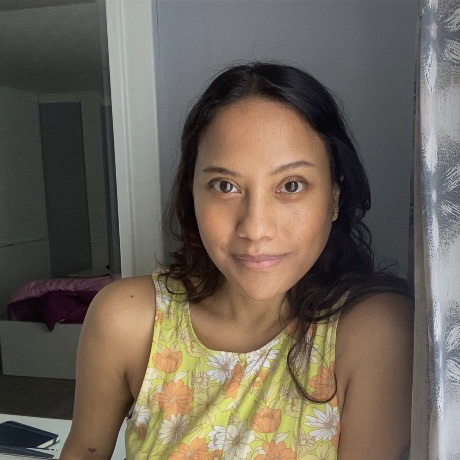Do You Need Social Media to Promote Yourself?
I quit Facebook twice and it was amazing

Around three or four years ago, I didn't have a Facebook profile. This was the first time I quit, and it was wonderful. Let me explain.
You know that feeling you get when you had plans with a friend, and you didn't really want to do it, but you didn't want to cancel in case their feelings were hurt, and then they cancelled anyway? It felt like that, only, like, 10 times better, and more sustained. So, sex, basically.

I'm not saying it's like this for everyone, but having and maintaining a Facebook or Instagram or Twitter profile can feel like piling another obligation onto an already full docket. It's another little task that you "have" to do. Those little notification badges drive me nuts. Some people are comfortable living like this, but I can't.

Which is actually the whole point. It's intentional. Like ... have you ever played Civilization? It's one of the most addictive games out there, and one of the reasons is that there's always something to do. Not just that ... there's always something different to do.
“The segment is titled “Brain Hacking,” and it opens with Anderson Cooper interviewing a lean, red-haired engineer with the carefully tended stubble popular among young men in Silicon Valley. His name is Tristan Harris, a former start-up founder and Google engineer who deviated from his well-worn path through the world of tech to become something decidedly rarer in this closed world: a whistleblower.
“This thing is a slot machine,” Harris says early in the interview while holding up his smartphone.
“How is that a slot machine?” Cooper asks.
“Well, every time I check my phone, I’m playing the slot machine to see ‘What did I get?’” Harris answers.”
Cal Newport, Digital Minimalism
I used to call people up on the phone. I used to text them directly, too. I remember when I was in high school, the preferred instant messaging system was AIM — AOL Instant Messenger.
In fact, the way a lot of Americans first experienced the Internet was through America Online (AOL), and this provided a safe sort of portal for people who didn't really know what they were supposed to be doing while they were "online." AOL gave you chatrooms, they gave you your own AOL homepage, they gave you safety rails on a surfboard while you surfed the "world wide web." Facebook is basically the new AOL:
... all of these changes — and a number of other ones announced over the past year or two — are geared at making Facebook a nicer, faster, better-optimized place to be on the internet, and as such a better place to experience the internet as a whole. The idea is to make it so you are able to do more and might want to do more through Facebook, and thus do less elsewhere — watch a video, see a news story, share and comment on a piece of content, look at a photograph, chat with a retailer. As such, the goal is a distinctively 1990s one: to be a portal and a platform synonymous with the internet itself, like AOL.
Annie Lowrey, New York Magazine
I have strong ties to the DIY scene in Chicago, for which a significant portion of announcements for live shows, band notices, parties and organizing happens on Facebook. When I helped run the Black & Brown Babes Collective, we did pretty much all of our announcing on Facebook, and administered a 3,000+ active Facebook group that's still going strong. We have a website, but I would say hardly anyone looks at it — the population lives on Facebook. It would be nearly impossible to export the community engagement from this medium to something like a website. And with this comes its own set of problems.
1. You lose control
You are bound to Facebook's set of rules, and your posts, or your group's posts, could violate them, which sometimes results in (sometimes arbitrary) banning. It's not always clear why you're banned or why you've been suspended, and Facebook support is not exactly forthcoming. Also, sometimes they require stuff like legal IDs to prove that you are who you are, which is stupid.
2. What you post could have real-life consequences
People have been fired, or lost professional opportunities for what they've said online. I am not simply referring to "cancel culture" ... it's happened to people on both sides of the political aisle. Each time this happens, we're reminded that free speech is not guaranteed on these platforms, which are run by private companies. Additionally, law enforcement has been known to track persons of interest on social media.
... many scholars who worry that expanded social media surveillance could make people less likely to engage in online activities protected by the First Amendment, from sharing their opinions to organizing protests of the government. But there are few laws governing this kind of monitoring. Few courts have taken up the issue. And most police departments don’t have policies on how officers can use social media for investigations, according to Levinson-Waldman’s research.
John Schuppe, NBC News
3. It might be harder to build real connections with your community if there are too many of you
You're really only built to "know" around 150 people, according to British anthropologist Robin Dunbar ("Dunbar's number"). Beyond that, the quality of your interactions goes down.
When people have more than 150 friends on Facebook or 150 followers on Twitter, Dunbar argues, these represent the normal outer layers of contacts (or the low-stakes connections): the 500 and 1500. For most people, intimacy may just not be possible beyond 150 connections.
Christine Rho, BBC
This is meaningful because, for some people, maintaining a high number of contacts is important as event and show promoters. Additionally, say you're an artist, or you make scented candles. Now you have a built-in network of people you can put on blast who might be interested in purchasing your stuff. But is it really that effective? I mean, sure, you have a couple of friends who will buy your candles to show their support, but it's usually a once-or-twice deal. They're not going to buy a candle from you every week. You need someone to buy a candle from you every day.
For lots of people, their personal is all mixed in with their professional. They might "know" a lot of people personally, but these people are not really the right ones that they need to expand their professional network. Social media can box you in by only showing you things tailored to your history of interactions. If you want to make new connections or reach a new audience, you must play by their rules and game the algorithm. That means you have to take the time to learn effective strategies, which of course could change at any time — and often do, mysteriously. I just don't think it's worth it — although it might be, for some people. For me, the number of people that I "know" online has not translated into money or sales. I just haven't been using it that way.
It's really important to distinguish between people you "know" and people who are "fans" or "followers" of a shared activity.
When running a group like Black & Brown Babes, it was very difficult, mentally, to be able to exist online both as "myself" and as a leader. The lines were blurred, and I didn't feel especially comfortable sharing personal stuff. What's more, I somehow felt compelled to do so, in order to drive engagement with people for the group. I felt like I needed to set a somewhat public example. The boundaries were not established for myself, and I think this is common for people who have trouble defining what social media means in their lives.
Recently, I deleted my "personal" social media profiles on Twitter and Facebook (the second time!), for good. I set up a Twitter account for The Secret Freshman around two weeks ago (where I have a total of one follower ... follow me please!).* I now have a "mission" of sorts — my social media on Instagram and Twitter is now strictly for professional usage, and I don't have to worry anymore about posting pictures of my cat, or maintaining online relationships with friends that I'd much rather speak with in person or on the phone. In this way, I have effectively compartmentalized my social media usage to one area of my life, and let me tell you, it is a huge, huge relief.
*I deleted my Twitter! I'm keeping Instagram ... for now. I haven't been promoting on it. I admit that I continue to be very reluctant to use social media as a promotion tool because I'm just not convinced that it's effective, and it's also a huge time sink.
Further Reading
A book report on Digital Minimalism by Cal Newport.

Hi! I'm Piya. I'm a freelance creative starting a new career, and I want to help you start yours, too.